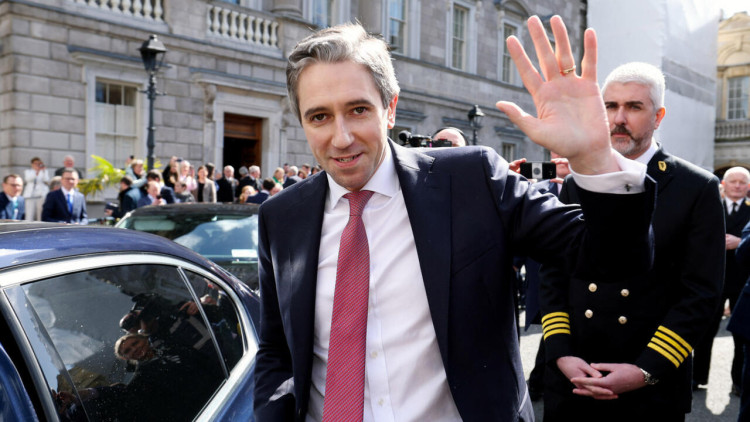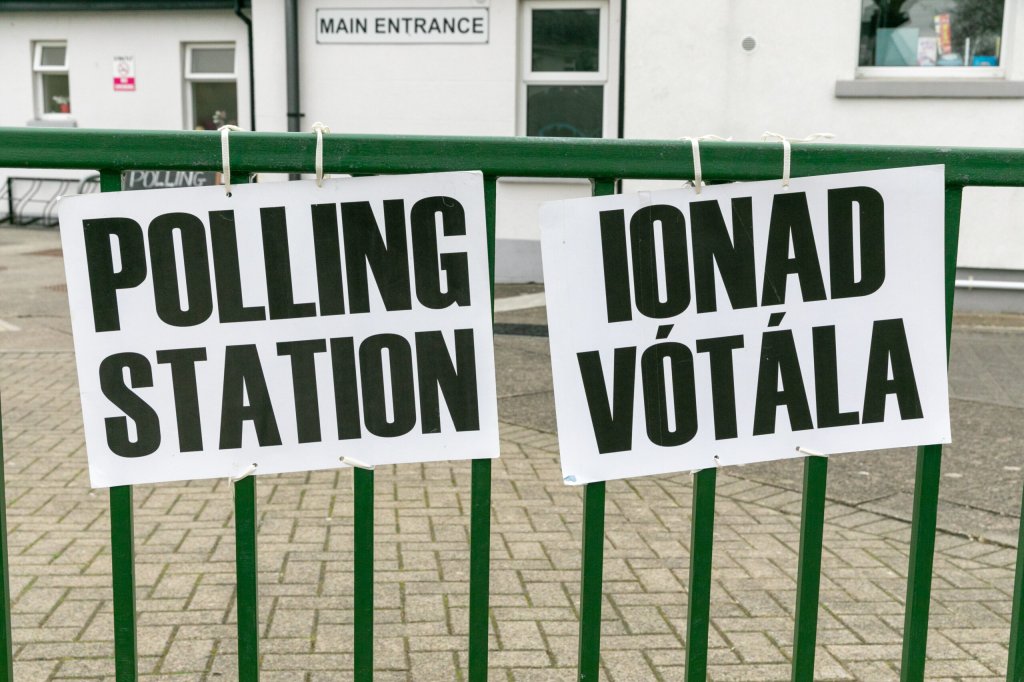After months of mounting and intense speculation, the Taoiseach has played his trump constitutional card with the calling of a general election for Friday, November 29th. Harris has broken recent tradition with his predecessors Enda Kenny and Leo Varadkar who both were said to have regretted opting for February polling days in 2016 and 2020.
While the timing of the election was always more likely to occur this side of Christmas, the recent crisis in Sinn Féin’s ranks will have no doubt sealed the decision for the Taoiseach. Harris received the blessing of Tánaiste Micheál Martin to call a halt to the 33rd Dáil following the passing of key legislation this week including the Finance Bill. Given the growing electoral importance of intra-party transfers between the two main Government parties, it was important for their respective parties that the coalition ended on good terms.
So, what are some of the key issues we can expect to dominate the 3-week campaign?
Campaign Issues
Childcare
There isn’t a TD in the Dáil who hasn’t been lobbied intensely by parents regarding the struggle to find a childcare place amidst growing waiting lists. Providers have cried out for additional support from Government in the context of spiraling costs and a crisis in talent retention and attraction. And it’s an issue that will be brought up on many doors over the coming weeks. Children’s Minister and Green Party Leader, Roderic O’Gorman, recently said childcare should be one of the key battleground issues in this campaign.
The Taoiseach surprised everyone – including those within his own parliamentary party – by recent calling for a state run childcare and early education service. While more detail may be announced in the party’s manifesto, the policy marks a dramatic shift in Fine Gael policy and one that will have many parents and providers alike wondering if it’s the answer to the crisis facing the sector. Fianna Fáil has been more measured in its approach with Micheál Martin recently commenting “So whatever proposals emerge have to take on board all of the providers who are currently in there…I mean, if we just throw out ideas without any substance behind them, a lot of those providers could take flight, could be extremely concerned.”
Sinn Féin has announced its plan to reach an affordable childcare model where parents would pay €10 a day per child but it has not gone as far as Fine Gael in advocating a publicly run model of care.
The devil is in the detail as they say.
Housing
Sinn Féin’s performance in this election will be significantly influenced by how successful it is in attracting the support of 18-35s and for this age cohort, housing is the most important issue. According to the Irish Times Ipsos / B&A poll of polls, housing has overtaken immigration in recent months as the most important issue across all class of voters.
While political parties will be promising hundreds of thousands of new home builds if elected, the real difference on offer to voters is the ideological approach. With Fine Gael and Fianna Fáil, it’s continue as you are with the private sector providing the vast majority of the new housing stock. The recent extension of the Help to Buy scheme until 2029 will form a key part of the coalition’s pitch to voters, as will its record in increasing new home builds each year since coming to office. However, there remains excess housing demand, and it is likely to continue for several years, putting further pressure on renters and those looking to save up for a deposit for their first home. This was evident in recent reports that house prices have reached record highs, surpassing the Celtic Tiger period.
Sinn Féin, Labour and the Social Democrats will seek to convince voters that the State should be the lead vehicle for housing delivery. Housing is the issue where Sinn Féin has the most potential to make inroads in this campaign and its party spokesperson Eóin O’Broin, is likely to be given plenty of media time to attack the Government’s record.
Immigration
This is the first general election in the modern era where immigration is set to be a core issue. The Government’s rhetoric has strengthened since Simon Harris became Taoiseach with the Fine Gael leader recently declaring that asylum seekers who have incomes should be asked to financially contribute towards State accommodation and other services provided to them.
Sinn Féin suffered an electoral blow in the local and European elections, with much criticism levelled their way for not being seen to have a differentiated immigration policy to the Government. In July, it published a new policy framework “International Protection: A Fair System That Works.” A core feature of the party’s position is to locate new purpose-built centres where there isn’t already a strain on local services for existing communities. To date, the party has struggled to expand on examples of where these could be as many communities across the country face struggles in accessing local services such as GP appointments.
This campaign will be a test of the establishment’s ability to face down right-wing political groups who have united under a new national brand, National Alliance. Made up of Ireland First, the National Party and the Irish People, as well as some Independents, it will see close to two dozen candidates on the ballot paper. Outside of this new group, a number of high-profile independent candidates are likely to make immigration a key issue in their offer to the electorate.
Economy and cost of living
This election has at least one common thread with the US Presidential Election. Although the macroeconomic numbers are strong, and inflation continues to fall, many voters simply do not yet feel a measurable improvement in the cost of living.
Despite the Government’s ‘giveaway’ budget earlier this month, the bumper tax and spending package has failed to move the dial in the polls. That may improve in the weeks ahead as one-off cost of living measures land in some voters’ bank accounts, but that remains to be seen.
The major economic debate in this election will likely be concentrated around the longer-term use of the State’s huge surplus, thanks to windfall corporate tax gains as well €14 billion in back taxes from Apple. And on this, there are very different views across the main political parties.
It’s the little things that can trip you up
Former Taoiseach Albert Reynolds famously quipped “You cross the big hurdles, and when you get to the small ones, you get tripped up.” As was evident with the recent bike shed controversy, anything can happen in politics. And sometimes when you least suspect or need it. But notwithstanding the various twists and turns of a campaign, the battle lines for general election 2024 are drawn. Opposition parties will be seeking to concentrate its attack lines on the coalition’s record on housing as well as its struggles to deliver major infrastructure projects on time and within budget.
This will be a campaign that won’t just be fought on the streets and boreens of Ireland, but increasingly so via digital media channels. This reflects the increasingly personalisation of Irish party politics. We can expect multiple leaders’ TV debates as Mary Lou McDonald, Simon Harris and Micheál Martin battle it out for what will be a consequential election for their own political careers.
It's showtime.







